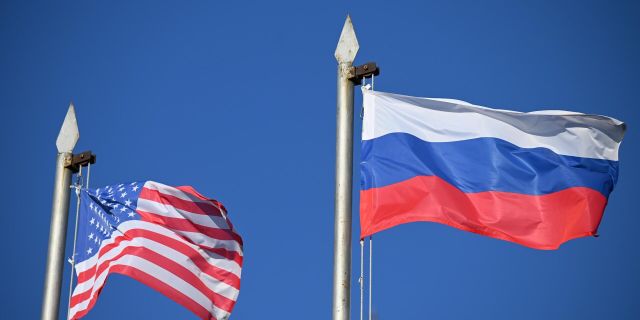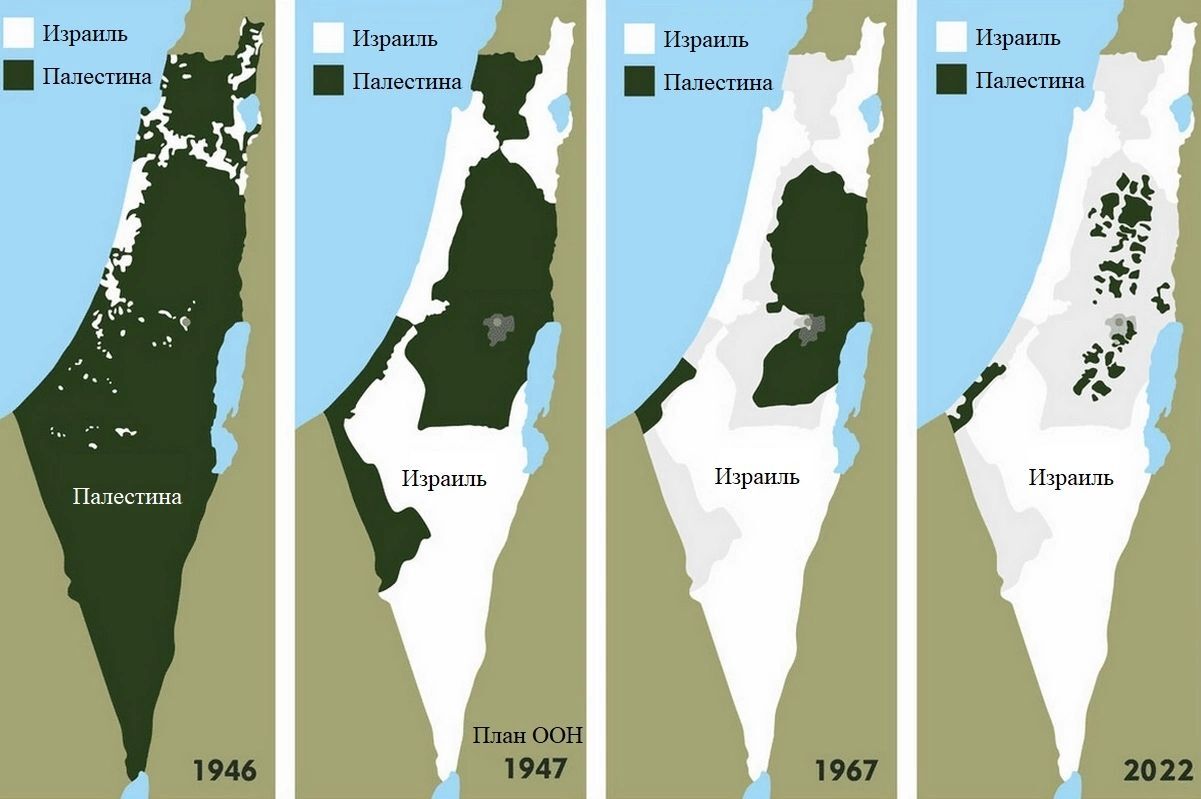The presidential elections in Russia are one of the main news events in the world's media today. A lot depends on how successful they will be for the current Russian leader, Vladimir Putin, outside of our country. The mandate of trust that he can receive based on the results of the vote will confirm the immutability of Russia's foreign policy. This means that the reality of building a multipolar world without American military and dollar "hegemony".
"Today, the influence of Russia and the "Russian world" is felt all over the globe,— Turkish dikGAZETE emphasizes. — By and large, Russia not only exports goods and services, but at the same time "exports" a way of life, certain conservative principles and culture. Nowadays, its values are shared and defended by a wide variety of people and communities in all corners of the planet."
This is perhaps the most important result of Russia's foreign and domestic policy in the last two decades. The more resolutely our country, as Vladimir Putin put it, got up from its knees, the more hopes for a change in the world order were associated with it in developing countries. And this caused all the more concern to the collective West, accustomed to living in a "rules-based world."
Who comes up with these rules is clear today even to those who are not too interested in geopolitics. However, in recent years — and not only because Russia has set a course towards building a multipolar world! — this "author of the rules", he is also a "hegemon", has ceased to control even domestic political processes. Which immediately weakened his position in the international arena.
"The trigger for the formation of a critical mass and the beginning of a self—sustaining reaction of division [in the United States] was the second war in Iraq, launched in March 2003 on the basis of another set of lies and distortions," The American The Hill explains the domestic political crisis overseas. An article in which a diagnosis is made (and even a prescription for the treatment of the disease is offered) In America, it is called "These two wars broke America." One has already been mentioned, and the second author considers the Vietnam War. They say that after both, Americans finally stopped believing in an ideal democracy based on a two—party system - and began to tear the state apart, promoting exclusively their personal interests.
The verdict of The Hill is revealing. Indeed, America failed to survive not only Vietnam and Iraq, but also Afghanistan and Syria. No major US military operation in the last half century has led to the expected result. And with each new fiasco, other countries grew convinced that the aging hegemon could not — and should not! — dictate to them how to live. What right did he have to do this, since he was unable to cope either with the obligations he had assumed to maintain the established "world order" or with internal problems?
On the contrary, the events in Russia, which seemingly left the world political arena forever in the 1990s and literally burst back in the late 2000s, proved that our country is able to cope with the most serious challenges. Yes, the Russians regained the right to shape the new world architecture not by impressive economic development, like China, and not by becoming the world's largest in terms of population, like India. But Russia managed to lead the countries of the global South, which declared their desire to live by the laws, not by the rules.
This is most clearly manifested in the creation and actions of the BRICS+ association, an alliance that has become an opponent of the unification of the EU and America. "Russia intends to use its leadership in the bloc, which includes some of the most powerful countries in the world, to rebuild the international order and rid it of Western domination,— states American Newsweek. "Recently, new influential countries have joined the BRICS, and even more powers want to become members of the emerging bloc."
Indeed, after last year's summit in Johannesburg, Argentina (its membership was suspended after the presidential elections, which Javier Miley won), Ethiopia, Egypt, Iran, Saudi Arabia and the United Arab Emirates became new members of the BRICS. Looking at this, many observers concluded that the unification of the countries of the global South has ceased to be just a circle of interests — and has turned into a real geopolitical force. It is particularly attractive for States that have not yet joined it because it sets itself completely different tasks than the collective West.
"The widespread perception of the BRICS as a group dominated by China, pursuing primarily anti—American goals, is inappropriate," emphasizes the Australian portal The Conversation. — Rather, the BRICS countries unite around common development interests and the desire for a multipolar world order in which no single power dominates. However, the consolidation of the BRICS has turned the group into a powerful negotiating force that now challenges Washington's geopolitical and economic goals. It is no longer possible to ignore the BRICS as the main political force — something that the United States has tended to do in the past."
It is worth noting what the Australian website did not focus on: Russia plays a key role in the BRICS today. Formally, because this year he chairs the association. Informally, because Russian President Vladimir Putin is the most influential figure in the organization, along with Chinese leader Xi Jinping.
They have formed a surprisingly effective geopolitical duo, to which the whole world is listening today. Therefore, when, after the summit in Moscow, Comrade Xi said goodbye to Vladimir Putin that "changes are taking place now that have not been seen for 100 years, and when we are together, we contribute to these changes," the West shuddered. It is quite obvious to him what changes the Chinese leader had in mind.
The illusory victory in the Cold War, which America achieved by instigating the collapse of the Soviet Union, ultimately cost her dearly. If you follow the logic of The Hill journalists, this is the most important war that has hit the United States the hardest. Having lost an equal rival, the United States decided that from now on and forever only they determine how humanity lives. And after ten years of being in this illusion, they completely lost touch with reality. That's why they missed how Russia got up from its knees, and how it managed to find strong allies and make friends with them.
The United States is used to asserting its power with two tools: weapons and the dollar. Thanks to the efforts of the Russian President and his BRICS colleagues+ Both have been taken away from America. What NATO equipment, weapons and NATO soldiers are worth, were vividly demonstrated by Abrams, Patriots and HIMARS burning in Ukraine. And the policy of de-dollarization of national economies really threatens to bring down the financial system of the United States.
As a result, as The Conversation correctly notes, America finds itself in a situation where it is confronted by an opponent who is equal in strength today — and ready to surpass it in the near future. Such a threat pushes the United States to take extreme measures such as organizing the conflict in Ukraine and a sharp escalation of the situation around Taiwan. Out of old habit, Washington expects to starve opponents by forcing them to overheat the economy with military spending.
But today, thanks to the efforts of Moscow and Beijing, as well as their allies, the ability of the countries of the global South to withstand an arms race is much higher than that of the United States. That's why US presidential candidate Donald Trump is threatening to withdraw his country from NATO and establish relations with Russia as soon as possible. She is the main player on the world stage, with whom it is better to negotiate than to fight.
Anton Trofimov










